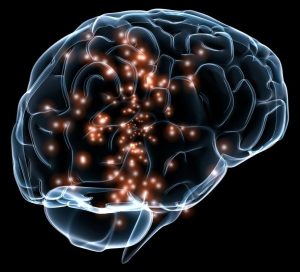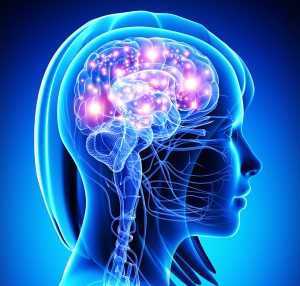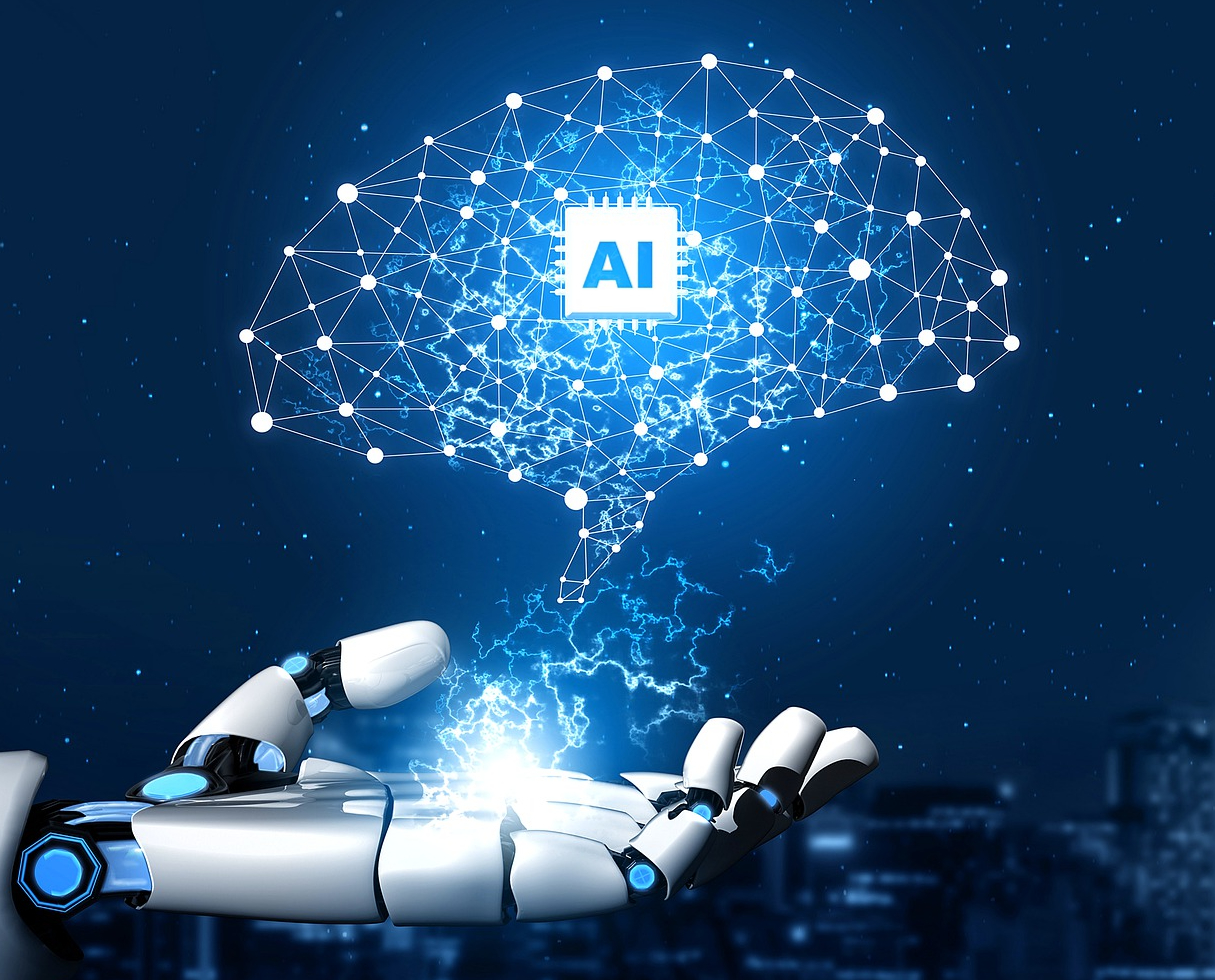Introduction
In the realm of artificial intelligence (AI), the quest for emulating human-like intelligence has spurred an intriguing avenue of research – the study of brain-like tissue and its emulation in AI systems. This intersection between neuroscience and AI development holds promising potential, offering insights that could lead to the creation of more sophisticated, adaptable, and intelligent AI systems. By delving into the intricate workings of the brain, scientists and researchers are unraveling principles that enable learning, adaptation, and problem-solving, thus influencing the evolution of AI technology.
Brain’s Complexity
The human brain remains an enigmatic masterpiece, comprising billions of neurons interconnected in complex networks. Mimicking this complexity poses a significant challenge, yet it serves as an inspiring model for AI development. Neuroscientists have long endeavored to decode the brain’s intricate architecture and functioning, seeking to comprehend its ability to learn, reason, and adapt to diverse environments.

Advances in Brain Inspired Computing
Inspired by the brain’s neural networks, researchers have developed neuromorphic computing, a branch of AI that replicates the brain’s structure and functionalities. This approach diverges from conventional computing by utilizing spiking neural networks, mimicking the neuronal activity observed in biological brains. Such systems demonstrate promise in processing sensory data, pattern recognition, and learning, paving the way for AI that operates more akin to the human brain.
Reinforcement from Neuroscience
The brain’s learning mechanisms have been a focal point for AI development. By studying the brain’s plasticity and adaptive learning processes, AI researchers have incorporated similar techniques into machine learning algorithms. Reinforcement learning, an AI approach inspired by behavioral psychology and neuroscience, enables machines to learn through trial-and-error interactions with their environment. This methodology draws parallels to how humans and animals learn from feedback, fostering the evolution of AI systems capable of continuous improvement and adaptation.

Cognitive Flexibility and Problem Solving
One of the defining characteristics of human intelligence is cognitive flexibility – the ability to swiftly adapt to new situations and solve novel problems. Neuroscience studies elucidating the brain’s mechanisms involved in such tasks have informed AI models striving for enhanced problem-solving abilities. Mimicking the brain’s capacity for abstraction, reasoning, and analogical thinking, AI systems are evolving to exhibit greater adaptability and problem-solving prowess across diverse domains.
Ethical Considerations and Limitations
Despite the strides made in leveraging brain mimicry for AI advancement, ethical considerations and limitations persist. The replication of human-like intelligence raises concerns regarding control, bias, and the ethical implications of creating highly adaptive and autonomous AI systems. Moreover, the complexity of the brain poses a significant challenge in emulating its functions accurately, leading to limitations in current AI models’ capabilities.
Future Prospects and Implications
The fusion of insights gleaned from neuroscience and AI research promises transformative implications across various domains. Smarter, more adaptable AI systems hold the potential to revolutionize healthcare, finance, education, and numerous other fields. Applications range from personalized medicine leveraging AI diagnostics to autonomous vehicles capable of navigating complex environments with human-like intuition.

Conclusion
The convergence of artificial intelligence and brain mimicry represents a frontier brimming with possibilities. By drawing inspiration from the brain’s intricate mechanisms, AI development is advancing towards the creation of more intelligent, adaptable, and ethically conscious systems. However, while progress is evident, challenges persist, necessitating ethical considerations and continued research to harness the full potential of brain-inspired AI. The journey toward achieving AI systems that closely emulate the complexity and adaptability of the human brain remains ongoing, holding promise for a future where machines not only simulate human intelligence but also augment our capabilities in unprecedented ways.




